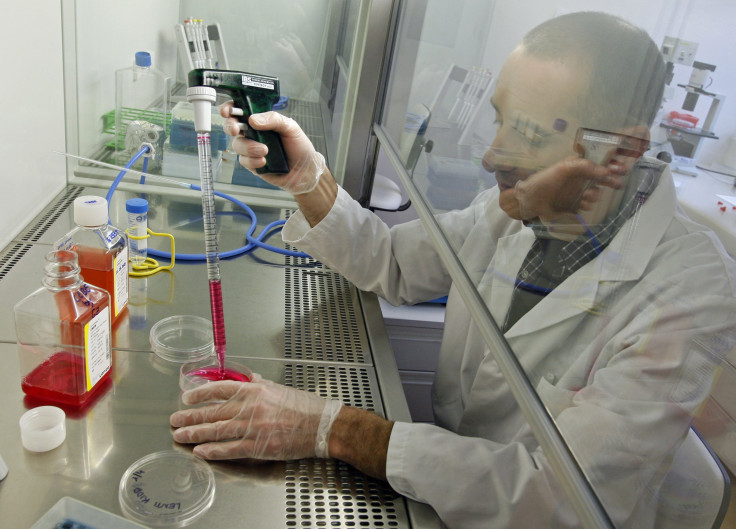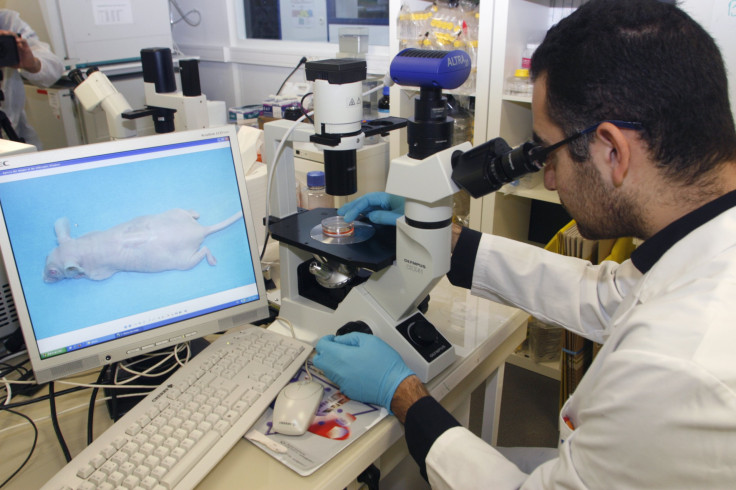How To Stay Young: 'Rejuvenation' Treatment Capable Of Reversing Effects Of Time

The fountain of youth may exist only in fables, but a team of researchers at the Erasmus University Medical Center in the Netherlands recently may have discovered a way to reverse the effects of aging. Scientists told the Guardian Thursday their study could push the world one step closer to the discovery of life-extending treatments, as well as cures for the side effects of time on the human body.
A treatment administered to lab mice appeared successfully to remove inactive — otherwise known as senescent — cells damaged over time, allowing the reproduction of healthy new cells to take their place. Researchers said they saw hair growth, kidney function and physical fitness return to elderly mice, who then outperformed younger mice in running races.
Read: The Cure For All Disease? Mark Zuckerberg Hires Team Of Expert Scientists To End Global Illness
If removing senescent cells is an effective treatment in humans, doctors eventually could use it to reverse DNA damage responsible for most of the side effects of aging, from bone and organ deterioration to skin wrinkles and other physical appearance attributes.

"Maybe when you get to 65 you’ll go every five years for your anti-senescence shot in the clinic. You’ll go for your rejuvenation shot," Peter de Keizer, the lead researcher behind the study, told the Guardian. "That I can envision when we reach that age."
Whereas researchers once believed dormant cells in the body were simply wasted space, de Keizer and the group of Dutch researchers said they instead have adverse effects on healthy cells and could be responsible in part for many of the downsides that come with old age.
"It was found that these senescent cells secrete a whole load of junk and they’re not just bystanders but have a negative effect," de Keizer said.
The group will perform a clinical trial on patients suffering from severe brain tumors. Researchers say they may be able to mitigate the effects of aggressive tumors, called glioblastoma multiforme, using the same treatments that aid mice.
© Copyright IBTimes 2025. All rights reserved.





















